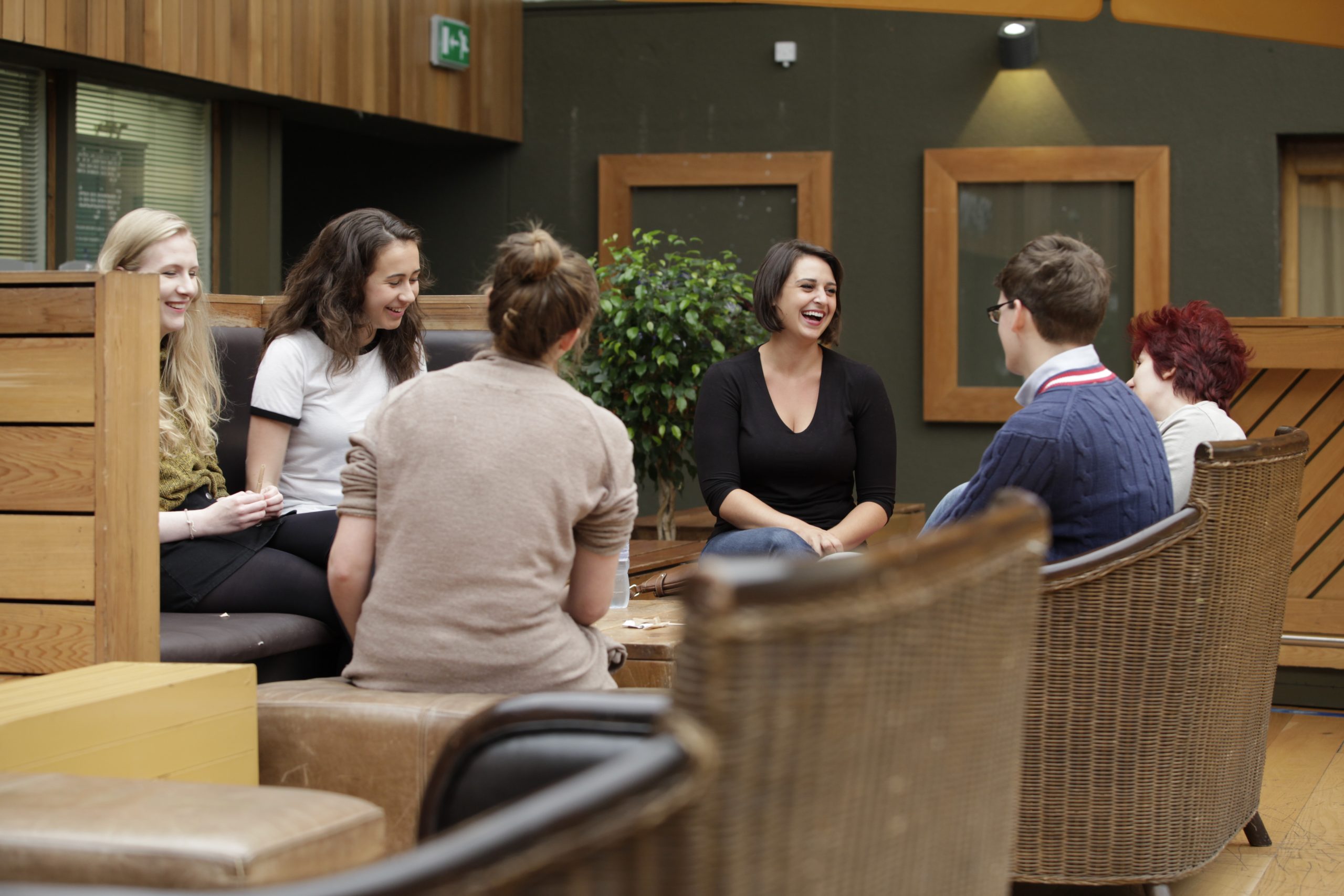Tag: mature students
In this blog post, Tessa Warinner, wellbeing adviser at the School of History, Classics, and Archaeology, discusses ‘Burnout’ – a rising concern in academia. Tessa discusses what it feels like, its prevalence, impact, and signposts helpful resources for managing it. This post belongs to the Hot Topic theme: Critical insights into contemporary issues in Higher Education. I’m […]
Seth is from Belgium and has recently completed his first year of studying History and Scottish History. Starting university is always daunting but doing so as a ‘Mature Student’ can be even more so. Of course, even in this case one size does not fit all, as the term ‘Mature Student’ covers anyone starting university […]
Much of university recruitment is aimed at school-leavers, but what if you are older or have been out of education for some time? Tristan – MA (Hons) Ancient and Medieval History – told us his story. In 2018, the University of Edinburgh launched its Access Programme as part of its Widening Participating Initiative. As a […]




